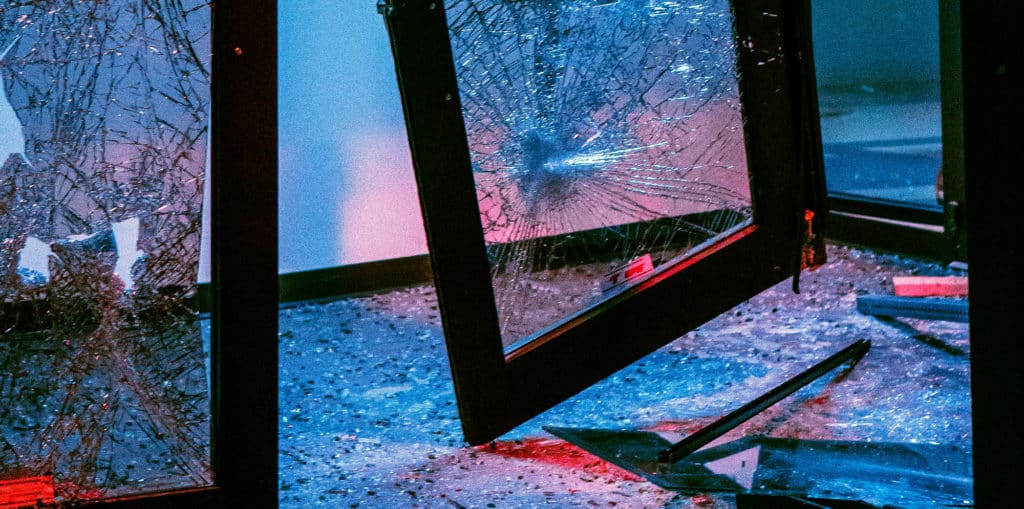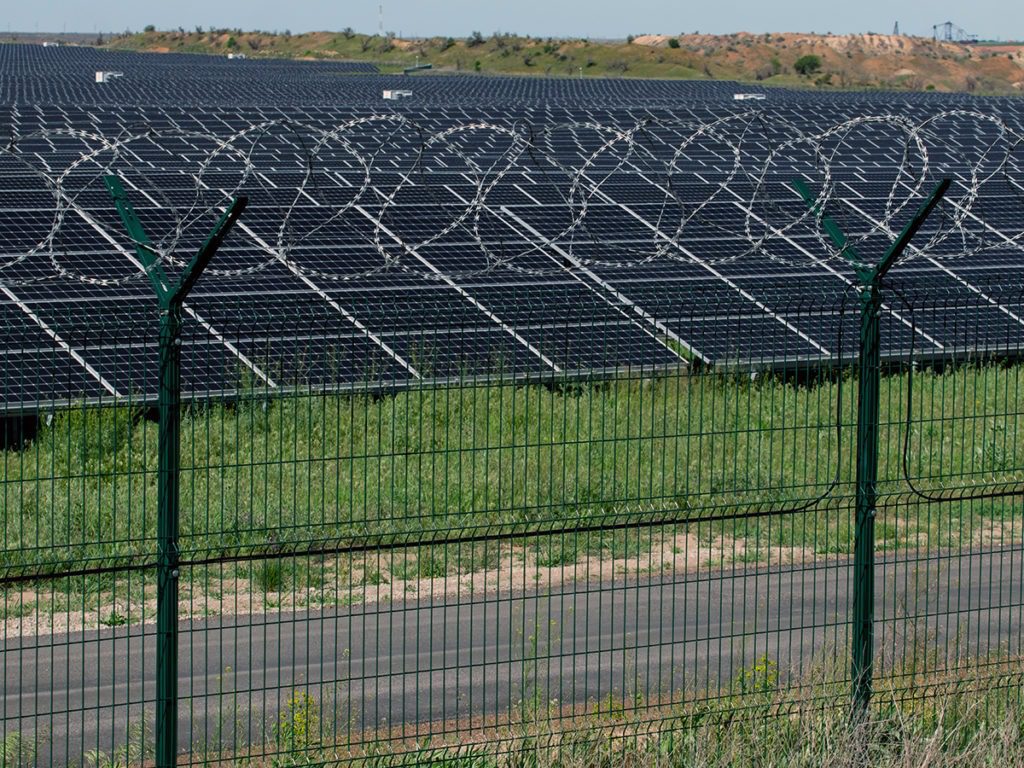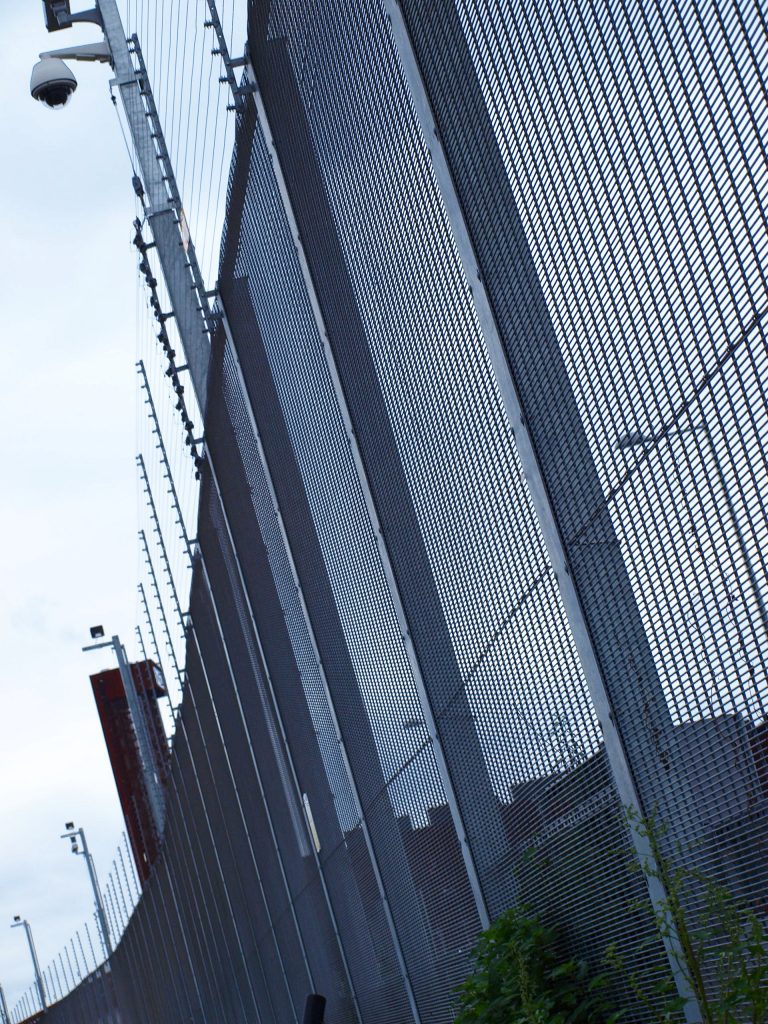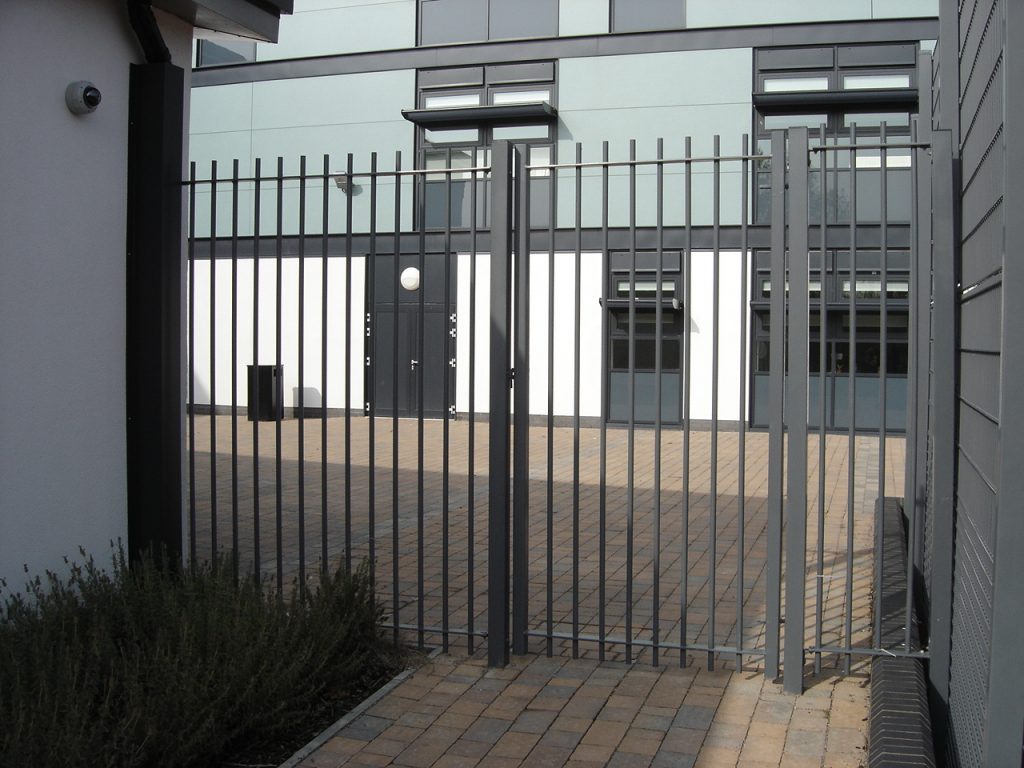Roy Hodgson has named his squad of 23 for the World Cup next month – and taken our English lions to Portugal this week for their first preparatory training camp.
The England team spent five days in the Algarve before arriving back next week at St George’s Park, the FA’s National Football Centre near Burton-upon-Trent, to get ready for their South American send-off against Peru Wembley on Friday 30 May.
Reportedly, Hodgson has told his players in Portugal that the World Cup starts here and that he wants ‘all the players to live up to their reputations.
But he added on the FA’s own website: “I don’t think in Portugal it will be an awful lot of what I would consider serious tactical work on the training field. I think that will begin at St George’s Park and continue all the way on from there.”
After the Peru friendly at Wembley, the squad fly to their Miami training camp on Sunday 1 June before the final friendlies against Ecuador on Wednesday 4th and Honduras on Saturday 7th. From there, they touch down in Rio the next day and head to Manaus on Thursday the 12th in preparation for their opening group game there against Italy on Saturday 14th.
Matches against Luis Suárez’s Uruguay on Thursday 19th in Sao Paulo and Costa Rica on Tuesday 24th in Belo Horizonte complete the Group D round-robin commitments, before hopefully a run of knockout games culminating in the final in the Maracanã in Rio de Janeiro on Sunday 13 July.
Well, we can but dream!
After all the waiting and preparations, it’s incredible that the main event is now almost upon us and kicks off just three weeks from today when the hosts take on Croatia in their third appearance in a World Cup since achieving independence from Yugoslavia in 1991 and surprising the football world in their inaugural appearance in France in 1998 by finishing 3rd on the back of Golden Boot Davor Šuker’s six goals in seven matches.
Even more incredible to me is that just last week, protesters and police clashed in Sao Paulo as demonstrations against the World Cup and rallies calling for improved public services erupted in several Brazilian cities.
Incredible, not because the protesters don’t have a point. After all, $11 billion has already been earmarked by the Brazilian government for spending on the World Cup and associated projects. With Rio hosting the Olympics two years later, the size of the burden on the economy cannot be overstated.
But because, contrary to what The Lightning Seeds and Frank Skinner and David Baddiel would have us believe in 1996 when England hosted the Euros, football really is coming home next month.
OK, England invented the game and boasts the first-ever club in Sheffield FC, nicknamed The Club. But Brazil brought us The Beautiful Game, as the most recognisable of all world football legends Pelé dubbed it.
Brazil has won the World Cup a record five times, more than a quarter of the 19 tournaments since its first staging in Uruguay in 1930. They were the first nation to win the trophy outside their own continent when they beat hosts Sweden 5-2 in 1958 – and the only country until Spain in the last World Cup in South Africa.
It’s unthinkable, therefore, as a proud Englishman and equally proud member of the Zaun teams involved in staging the London 2012 Olympics and the creation of St George’s Park, that such protests would have preceded the opening of either of those costly ventures at a time when our country was still in austerity measures trying to drag itself out of recession.
So if the worst (some might say predictable!) happens, and England doesn’t make it out of Group D, I, for one, will be rooting for the Brazilians – even if only to give their people pride in their first staging of the World Cup since 1950.




